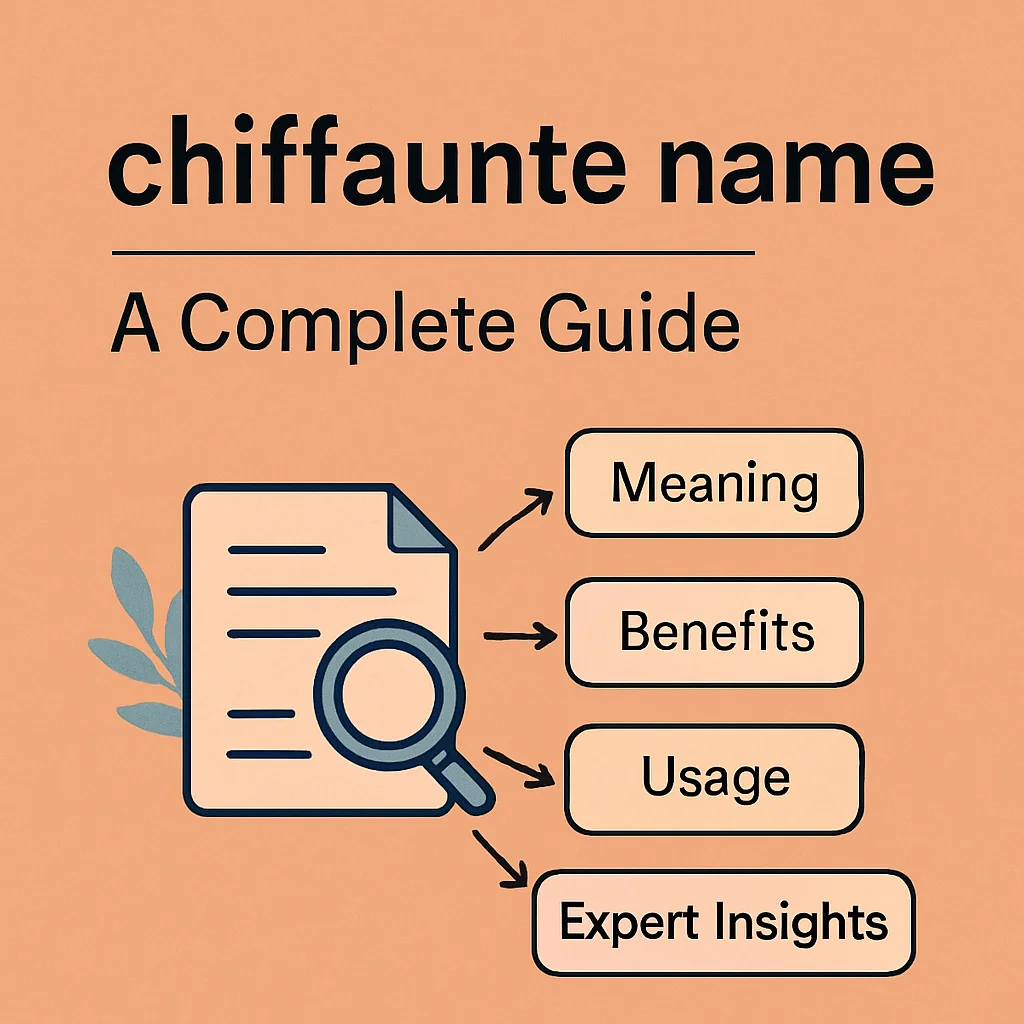Introduction
Having unique group names for friends isn’t just fun—it connects people, builds identity, and gives your friend circle a sense of belonging. Whether it’s a chat group on WhatsApp, a team in a video game, or a weekend hang-out crew, a memorable name can make all the difference. In this guide, we explore why unique group names for friends matter, how to pick or create them, best practices, and frequently asked questions to help you come up with names that everyone will love.
Benefits of Unique Group Names for Friends
How It Helps in Social Bonding
- Identity and belonging: When your friend group has a dedicated name, it gives everyone a feeling of being part of something special. Using unique group names for friends fosters group identity.
- Recognition: In group chats, events, or social media, a name helps people immediately recognize which group is being referred to.
- Shared memories: A well-chosen group name often echoes inside jokes, shared history, or favorite hobbies, making the name itself a memory.
Key Advantages for Social Groups, Teams, and Circles
| Target Audience | Advantages of Unique Group Names for Friends |
| Teen & College Friends | Adds fun, helps in differentiating between multiple chat groups, strengthens the bond. |
| Gaming & Online Communities | Makes teams memorable, aids in camaraderie, boosts morale. |
| Travel or Hiking Circles | Encourages unity, builds anticipation for trips, makes planning easier. |
| Family Friends & Long-Time Circles | Reminds people of shared history, traditions, enhances personal connections. |
How to Use/Apply Unique Group Names for Friends
Step-by-Step Guide
- Gather inspiration:Brainstorm based on: inside jokes, favorite movies/songs, shared interests, nicknames, common traits.
- List potential names:Compile a list of 5-10 names using input from all members to ensure everyone feels included.
- Check uniqueness and clarity:Avoid names that are already used elsewhere in your social media or gaming contexts to prevent confusion.
- Vote or pick by consensus:Use group voting or elimination rounds (everyone picks top three, remove least popular, etc.).
- Test it out:Use the name in messages, event invites, or when introducing the group to see how it feels and sounds.
- Adopt formally:Change chat-group name, adjust your group picture/logo, include the name in event invites.
See also Group Names – A Complete Guide
Common Mistakes to Avoid
- Overcomplicated names: If it’s too long or hard to pronounce, people may avoid using it.
- Offensive or exclusive terms: A name shouldn’t alienate any member—what’s funny to one may be hurtful to another.
- Generic clichés: Names like “Besties” or “The Squad” are fine, but if everyone uses them, they lose meaning.
- Ignoring group preferences: Choosing a name without asking might cause disinterest or off-strike.
- Changing too often: Constant name changes make it hard to build recognition and memories.
Best Practices for Unique Group Names for Friends
Tips & Tricks for Better Results
- Keep it short & catchy: Easier to remember and share.
- Use humor or puns: Wordplay can make the name fun and memorable.
- Reflect shared interests: If everyone likes hiking, music, games, merge those into the name.
- Avoid over-references: Reference that only one member understands may exclude others.
- Ensure it’s easy to type: Especially for chat groups—no overly special characters or difficult spellings.
- Consider visuals: If you’re using a group icon or emoji, pick a name that matches the visual theme.
Expert Recommendations
- Use alliteration: e.g., “Dynamic Daisies”, “Fantastic Four Friends” helps memorability.
- Use rhymes or rhythms: Names that flow smoothly are more pleasing.
- Think long-term: Pick names that will still make sense years later.
- Use cultural or local touchpoints: Songs, places, foods you all like, events you attended together.
FAQs About Unique Group Names for Friends
Answer Common Questions
Q1: How many unique group names for friends are too many?
A: There’s no strict number, but having too many groups with similar names can confuse members. Try to limit to distinct, memorable names, and reuse only when context changes significantly (e.g., different activities).
Q2: Can group names change over time?
A: Yes. Life changes—new friends, new interests. It’s okay to update a name. Just make sure everyone agrees, so the shared identity remains.
Q3: Should the name be serious or funny?
A: Depends on your group culture. If you value humor and casual vibes, funny names work best. For groups focused on study, work, or more official purposes, something more neutral or meaningful may be better.
Q4: Is it okay to have inside jokes in the name?
A: Yes—but with caution. Inside jokes should include all, or at least be explained, so no one feels left out.
Conclusion
In summary, unique group names for friends play a surprisingly big role in how we connect, feel included, and remember special moments. They help with group identity, recognition, and shared memories. By gathering ideas, involving everyone, using humor or shared interests, and avoiding common pitfalls, you can select or create a name that your entire friend circle loves.
Key Takeaways:
- Choose names that are short, catchy, and inclusive.
- Gather input and make decisions together.
- Think long-term to create lasting names.
- Avoid overly generic or confusing names.
Call to Action:
Ready to give your friend group a name that sticks? Start tonight—gather everyone’s suggestions, vote on your top choices, and rename your chat. Watch how it strengthens your bonds and adds fun to each message you send!


